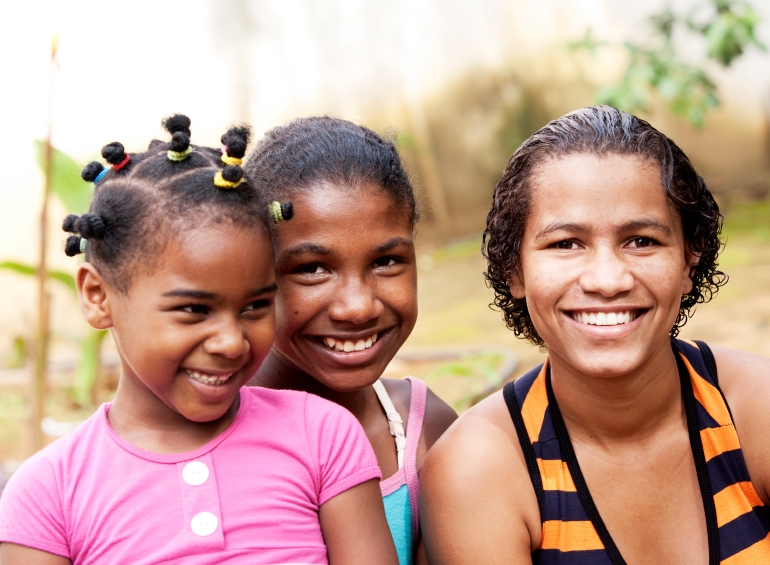In the late 90s, the Norwegian organization “Pinsemenighetenes Ytremisjon” invited ICDP to hol a seminar in Bukavu, in the Democratic Republic of Congo.
The seminar was organised in cooperation with the Congolese organization “Celpa”. A 4-day workshop was held for teachers and school-leaders on how to use ICDP in their daily work in schools. They found the ICDP program very useful especially in relation to physical punishment of children.
There were no further activities, untill 2011, when Pedro Mendes visited the Democratic Republic of Congo together with a team from the SDIA organization. From Pedro’s report:
The social and economic situation in Democratic Republic of Congo is extremely hard. Not unexpectedly the situation and condition of children are even harder since they are prone to be affected by multiple diseases mainly resulting from extreme poverty, malnutrition and poor hygiene and are also often subject neglect and abuse as one can read in Cornelia Walther’s report: “An estimated 30,000 children under the age of 18 live on the country’s streets, with the majority in the capital, Kinshasa. An ever increasing number are girls – many of them work as prostitutes and some are just 10 years old.”…” It is a situation that is further aggravated by superstition, according to UNICEF Child Protection Officer Eloge Olengabo. “Families who cannot fend for themselves frequently take refuge in the belief that their bad luck is rooted in the witchcraft of their offspring,” he says.” (http://www.unicef.org/infobycountry/drcongo_58942.html). Other Congolese sources speak of some 40 thousand street children in Kinshasa alone and that in every 10, 7 had been accused of witchcraft and 3 subjected to violence and abuse as a result. While it is not possible to verify these figures and how they were gathered, it is obvious that figures are appallingly high. There is widespread concern about the rising rate of child witchcraft accusations. Often the local religious leaders offer to ‘exorcise’ the child, and when that doesn’t work, the child is often driven out of the house.
Several presentations about the ICDP work and program took place during the visit in 2011. In Inkisi, the Albadi school leaders became very interested in future cooperation with ICDP. The ICDP program was found to be highly relevant for the Albadi project, which encompasses not only a school, but also a shelter home for orphaned children, as well as a program of assistance for families. The visiting team also met up with the head of Child Protection in the UNICEF headquarters in Kinshasa and that meeting confirmed among other that if an ICDP pilot project in Inkisi (and possibly Kinshasa) proves successful, UNICEF could play a key role in helping to scale up this approach to a national level.
*******
2019 -2021: In 2019, Dr. Tshibangumedical contacted his former ISPCAN colleague and currently ICDP USA leader Kimberly Svevo-Cianci, to inquire about receiving ICDP training. He is a medical doctor who has been working to treat and protect children from sexual and physical abuse throughout the years of DRC conflict. Having retired from that work, he decided together with his colleagues to become an ICDP facilitator. During 2020 and 2021 they participated in ICDP training through virtual attendance in ICDP USA workshops, with approval from ICDP international. The process had several interruptions due to the pandemic. ICDP USA translated all key materials into French for use in Congo.

